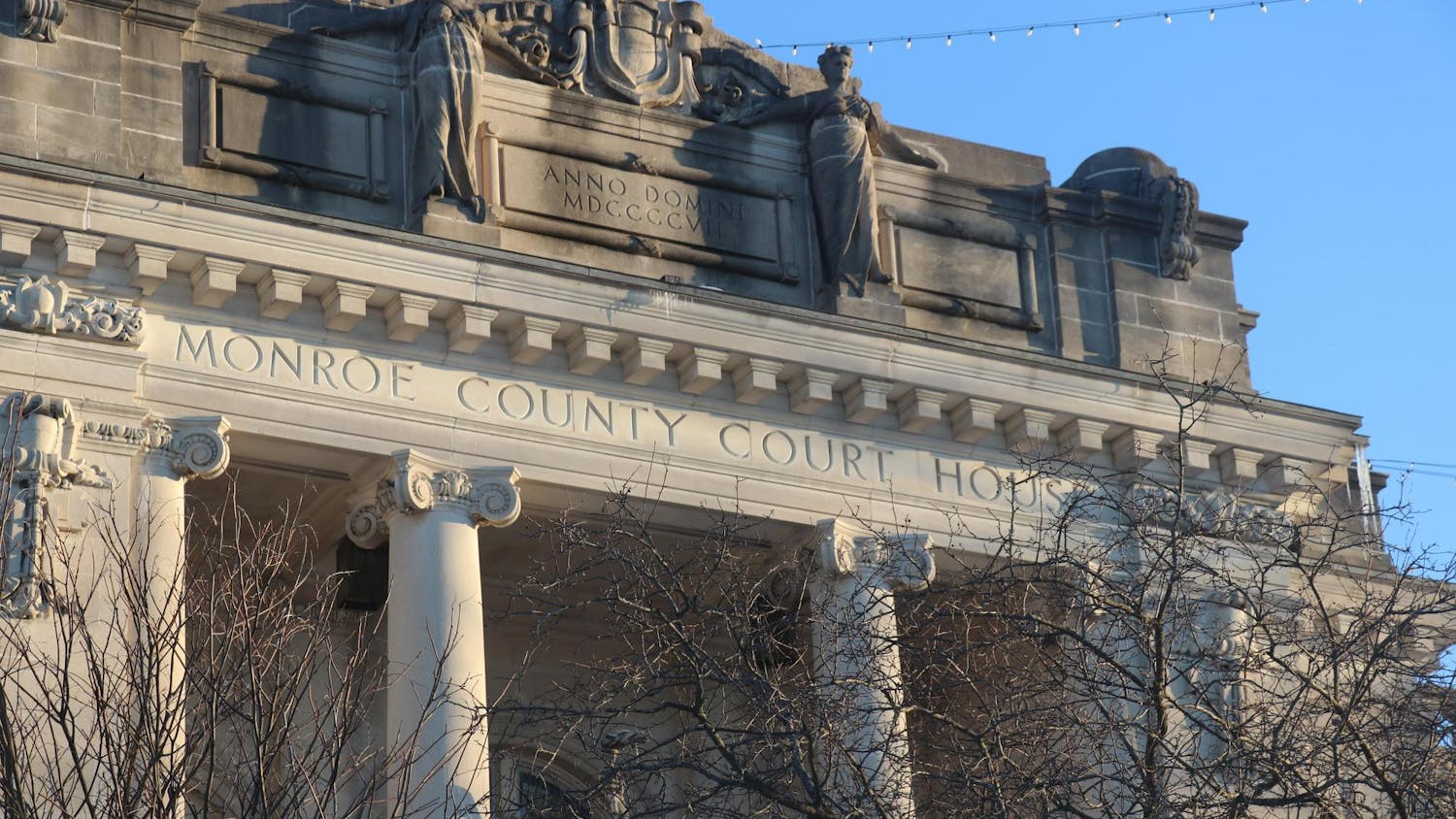When Yugoslavians revolted against then-president Slobodan Milosevic and voted in Vojislav Kostunica, which effectively harbored in democratic rule, Frank McCloskey paid attention.\nThe former Bloomington mayor and six-term U.S. Congressmen met with Milosevic after the Croatian War in 1991, served as a mediator in negotiations over territorial disputes in Bosnia and is working toward his graduate degree in Serbo-Croatian language and Balkan history.\nHe's followed Yugoslavia's climb to democracy and said it's a positive step, but the fight is far from over. \n"In some ways, the whole country is coming out of a near-delusional psychosis perpetrated by Milosevic and his regime," he said. "... the good news is that they are looking at the future that involved standards that they hopefully will adhere to." \nRebuilding Yugoslavia will take time, and experts are predicting more political turmoil in the months to come as Kostunica's backers face the daunting task of building a democratic government in light of Milosevic supporters.\nAlthough his inauguration as Yugoslav president Saturday cemented Kostunica's authority, potential resistance remains, said Professor Emeritus Charles Jelavich, who is widely considered an authority of the Balkan region.\n"Those people who support Milosevic stand to lose now that he has lost. They may try to cause trouble for Kostunica. There were an awful lot of people who did the dirty work against the Albanians and Muslims," he said. \nMcCloskey said support from the masses will be crucial considering the state of parliament, which is Milosevic backed. \n"How he can, in essence, engender change and exert leadership is going to be a challenge," he said. "Obviously, for him to be successful, he's going to need support from a lot of people. The idea he is constitutionally sworn in is, obviously, a great first step.\n"Kostunica does not control a majority of the people of representatives in the parliament. The president can't do anything; he's not a dictator. Parliament is in the hands of those people who support Milosevic."\nSerbia, one of two Yugoslav republics, comprises 90 percent of Yugoslavia's population of 10 million. Its pro-Milosevic president -- who by law has more powers than Kostunica -- controls about 100,000 police, and indirectly much of Serbia's economy. \nJelavich said the main challenge facing Kostunica and his advisers Sunday was how to form a federal government quickly to replace the pro-Milosevic administration while attempting to coexist with the Serbian republic's leadership. \nKostunica's 18-party bloc lacks a majority in the federal parliament, and will probably be forced to cut a deal with the Socialist People's Party of Montenegro, the smaller Yugoslav republic, Jelavich said.\nThat party backed Milosevic until his downfall and now seeks to have one of its own appointed as Yugoslavia's prime minister. The constitution said if the president is from Serbia, the prime minister must be from Montenegro.\nKostunica's camp has suggested a nonpartisan government of experts, but this appears to stand little chance of approval in the existing parliament. \nMilosevic himself has vowed to try to stage a comeback, saying he will remain in Yugoslavia as a political force. Kostunica has refused to extradite Milosevic to the U.N. war crimes tribunal in The Hague, which indicted him last year for atrocities committed by his forces in Kosovo.\nFor his part, Kostunica, a 56-year-old legal scholar, has promised to return Yugoslavia to prosperity. \nAccording to the Library of Congress, Yugoslavia was one of the most underdeveloped countries prior to World War II. After the eradication of feudalism, 75 percent of the population was in poverty. The country is undergoing historic change again, Jelavich said it will take a long time before Yugoslavia will recover.\n"Yugoslavia has been in political turmoil for 10 years. It's not going to change overnight. It'll take one to two decades before they can get back on their feet. You can't have that happen overnight," Jelavich said.\nThe Associated Press contributed to this story.
Bloomington experts react to Yugoslavian turmoil
Country is far from stability, they say
Get stories like this in your inbox
Subscribe



